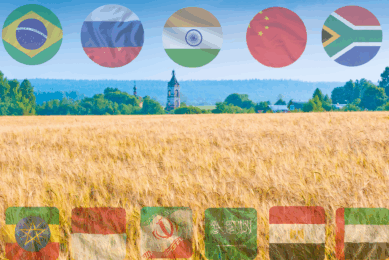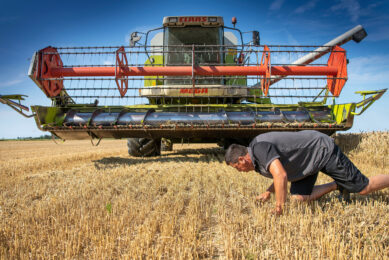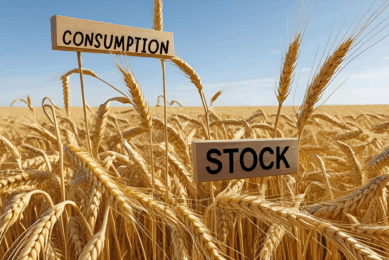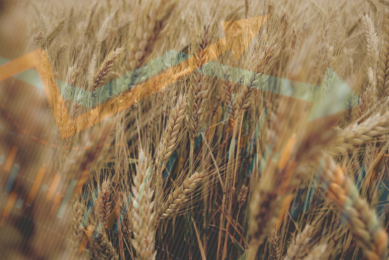Egypt’s surging feedstuff prices prompts red meat prices to soar
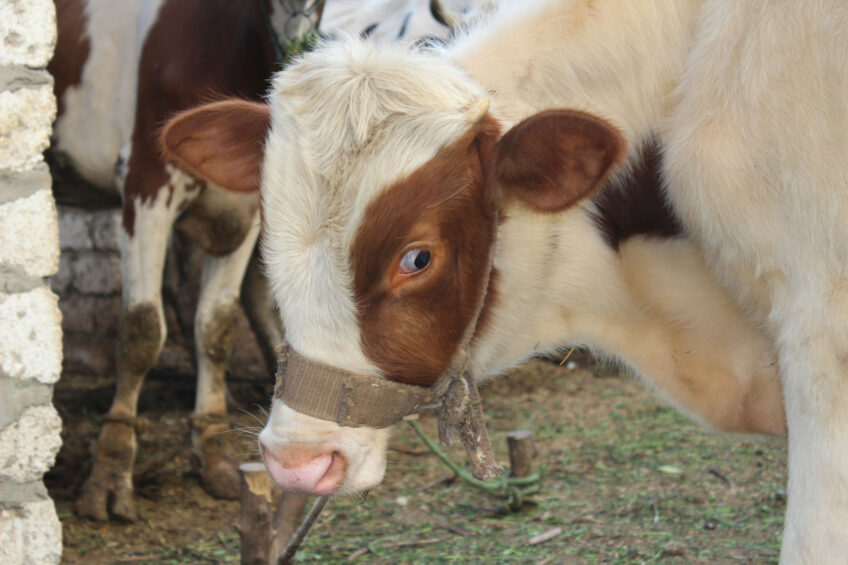
A feed cost hike is the key factor driving red meat prices up in the Egyptian market, market players outlined during an industry conference at Alexandria University. As meat becomes less affordable, national food security appears on the line.
Red meat price: 41% hike
In the first quarter of 2024, the average price of red meat in Egypt jumped by 41%, reaching 450 Egyptian pounds ($9.35) per kg, a study held by the Alternative Policy Solutions Project of the American University in Cairo showed. Surging feedstuff prices primarily contributed to these dynamics, as the average price of vegetable protein sources jumped by nearly 30%.
The tangible impact of the price hike is already evident on the grocery shelves, significantly affecting the Egyptian population. According to FAO estimates, a staggering 28.5% of Egyptians struggled to afford healthy nutrition between 2020 and 2022, a slight increase from 27.8% between 2014 and 2016. The 2024 price surge is likely to have exacerbated this figure.
Feed status could hammer plans for meat sector
The analysts believe the feed industry situation has become so tense that it threatens the ambitious government plans to ramp up red meat production, including the Veal Project and the One Million Heads of Livestock Project.
Challenges to the sector
Dr Ahmed Al-Akazy, Head of the Regional Center for Food and Feed, admitted that the industry suffers from a variety of problems. These include a feedstuff shortage, which is driving up prices, and the low quality of some feed on the market, which is affecting livestock health and productivity. He explained that these problems send shockwaves across the supply chain, as poor-quality feed undermines livestock business efficiency, eventually making final products more expensive for consumers.
Reduce reliance on imported feedstuff
Given the gravity of the feed industry crisis, Dr Al-Akazy emphasised the need for a comprehensive approach. He suggested that the authorities and businesses must urgently collaborate to reduce reliance on imported feedstuff and enhance the industry’s technological base. This is crucial to ensure that all feed reaching the market meets the necessary production standards.
State money is needed
Dr Hatem Salah El-Din, a professor at the Faculty of Veterinary Medicine at Madanhour University, suggested that comprehensive state aid is what the feed industry needs in the first place.
He called the authorities to pump money into subsidising fertilisers and seeds prices, introducing soft loans with subsidised interest rates for farmers to invest in feed production, and building irrigation systems in the country to ensure consistent crop yields.
The market players emphasised the need to streamline the supply chain by building new storage centres and improving the transportation network, as feed quality often deteriorates between leaving the feed mill and reaching the farm.
Supply chain scrutiny
The study of the American University in Cairo suggested that in addition to encouraging farmers to ramp up production, the authorities should strengthen market control over compliance with consumer protection laws to curb price manipulation and monopoly, which largely triggers an inflation spiral on the market.




